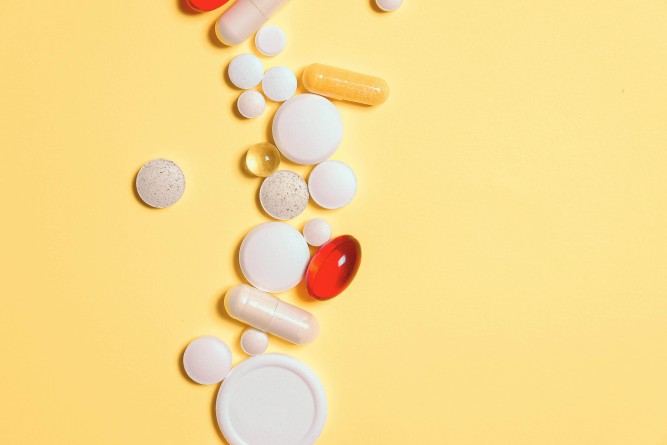Updates to Singapore’s regulations relating to patent linkage
06 November 2024

Amendments to Singapore’s Health Products (Therapeutic Products) Regulations (the TPR) came into force on August 1, 2024, relating to patent linkage.
By way of background, the patent linkage regime in Singapore under the TPR before the amendments came into effect on August 1, 2024, requires an applicant for product registration and marketing approval of a drug product in Singapore to declare any patent in force of which it is not the proprietor, to the Health Sciences Authority (the HSA) with respect to said drug product. The HSA also requires that the applicant notifies the proprietor of any declared patent(s). In response, within 44 days from receipt of such notification, the patent proprietor has the option to defend its patent(s) and initiate legal action against the applicant, upon which a 30-month moratorium applies wherein the HSA will not grant registration of marketing approval of the drug product.
The amendments to Regulation 23(1)(a) of the TPR explicitly provide that patents of the following nature must be declared:
-
Patents containing claim(s) for an active ingredient of a therapeutic product;
-
Patents containing claim(s) for a formulation or composition of a therapeutic product; and
-
Patents containing claim(s) for the use of an active ingredient in the manufacture of that therapeutic product for a specific therapeutic, preventive, palliative or diagnostic use.
Further, for avoidance of doubt, the amendments to Regulation 23(11) of the TPR now serve to unambiguously address that it is not required to declare patents of the following nature:
-
Process patents, other than process patents that contain claim(s) with subject matter relating to the use of an active ingredient in the manufacture of a therapeutic product for a specific therapeutic, preventive, palliative or diagnostic use;
-
Patents containing only claims relating to packaging;
-
Patents containing only claims relating to metabolites; or
-
Patents containing only claims relating to intermediates.
In addition, the HSA had also provided further clarification for examples of types of patents remaining under the purview of Regulation 23 of the TPR:
-
A patent that contains a mixture of claims specified in Regulation 23(1)(a) and claims specified in Regulation 23(11), e.g., a patent containing claims for both an active ingredient of that therapeutic product and its metabolites
-
A patent containing a claim for the same polymorphic form of an active ingredient of that therapeutic product
The amendments described above were in response to public feedback by stakeholders that the TPR in its previous form was unclear and caused uncertainty as to the requirements for patent declarations. In fact, it was such an ambiguity which was exploited in an appeal by Zyfas Medical Co. against a decision by the Singapore High Court.
The 2019 and 2020 High Court proceedings involving Zyfas, a generic drug entity, and Millennium Pharmaceuticals, Inc., the proprietor of certain patents for the manufacture of bortezomib, an oncology drug, centered on Zyfas’ successful product registration of the generic version of bortezomib, despite failure to declare to the HSA of the existence of Millennium’s patents relating to bortezomib.
The High Court decided in this case that Zyfas’ declaration under the TPR had omitted material matter for product registration of its generic bortezomib. In response, Zyfas appealed, arguing that patents relating to the manufacture of bortezomib are process patents (in contrast to product patents), and based on the phrasing in the TPR “patent … in force in respect of the therapeutic product”, the requirement under the TPR refers to product patents only, and as such, process patents do not have to be declared to the HSA. The Court of Appeal, however, dismissed the appeal and held that both process patents and product patents have to, with respect to the patent linkage regime under the TPR, be declared to the HSA.
Hence, the amendments to the TPR in force from August 1, 2024, under Regulation 23(11), are a refinement to the above decision held by the High Court (and upheld by the Court of Appeal), in that, with respect to process patents, only those that contain claim(s) with subject matter relating to the use of an active ingredient in the manufacture of a therapeutic product for a specific therapeutic, preventive, palliative or diagnostic use are required to be declared in application for registration and marketing approval of a therapeutic product to the HSA.
It is hoped that the above amendments to the TPR with regard to the patent linkage requirement provide better clarity to industry stakeholders when making registration applications for therapeutic products to the HSA, thereby reducing or resolving disputes in a timely manner, prior to the grant of said registrations by the HSA.








